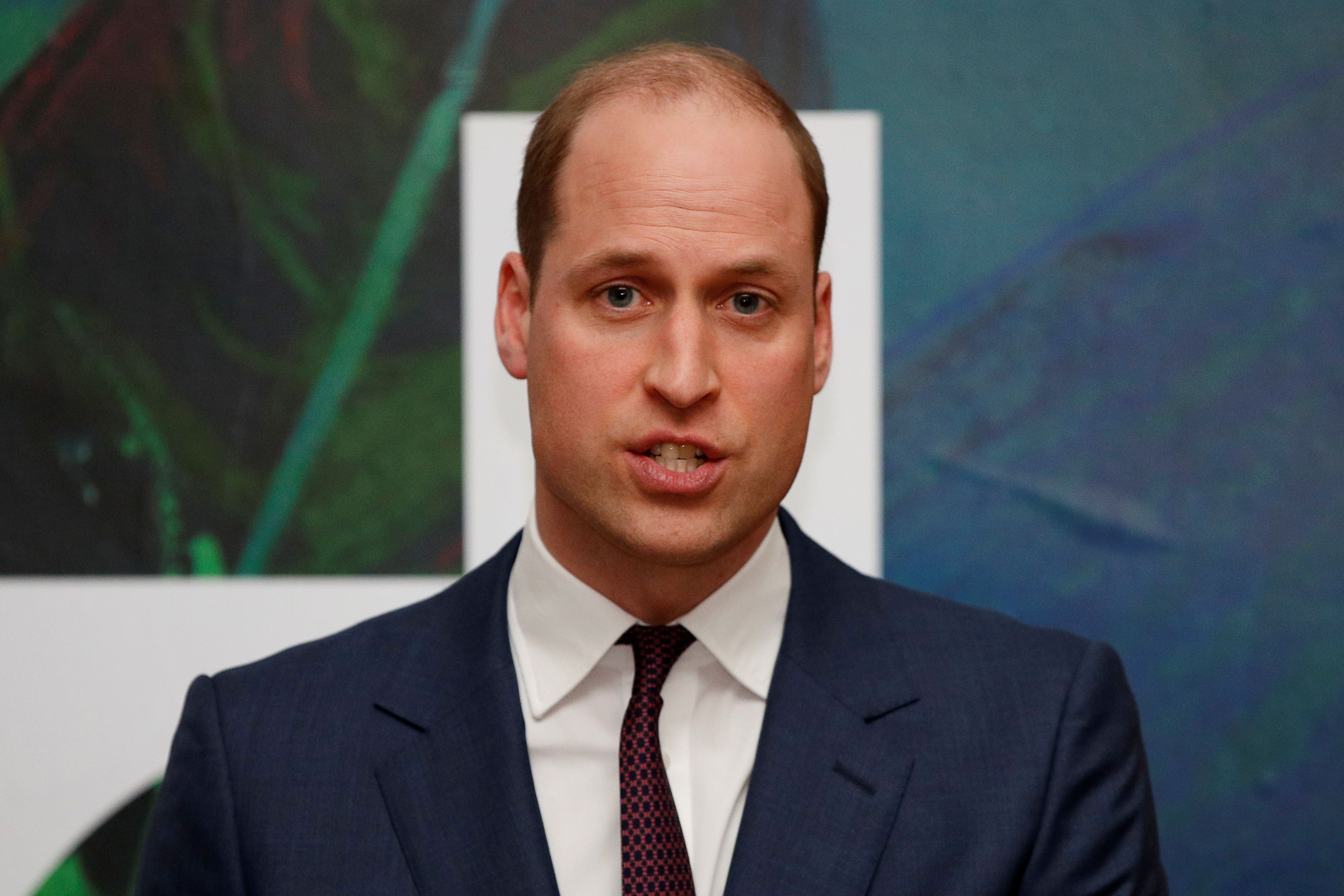Prince William’s anti-homelessness drive is the right kind of royal meddling
The Prince of Wales’s pitch to tackle one of the great social ills of the modern age is a noble one, but his well-meaning efforts won’t stop critics crying foul of royal involvement in politics, writes Sean O’Grady


Prince William’s latest initiative, Homewards, almost died of embarrassment before it was properly launched. “William: I’ll end homelessness” read the banner adorning The Sunday Times’s splash, a pledge that would have been beyond even a mighty medieval monarch, let alone the politically powerless heir apparent in our modern constitutional monarchy.
Fortunately for all concerned, it turns out the Prince of Wales’s ambition is more realistic: to make homelessness “rare, brief and unrepeated”. It is a perfectly laudable ambition, though still a formidable and politically hazardous one, and is just the kind of thing he should be doing in his position if the institution of monarchy is to survive. As Prince Philip said, they will stick around as long as people find them “useful”, and this type of work, funded by the Royal Foundation charity, could be very useful indeed.
As described by William Hague, who chairs William’s charity, the foundation will be involved in and lead six pioneering pilot schemes that will try and get government, local authorities, quangos, charities and private businesses to work together.
Inspired by schemes in Finland, they will, for example, see if a “housing first” approach to support troubled families can work in Britain, as an alternative to the instability that temporary accommodation brings. The foundation will be putting £3m into the projects over the five years they’re planned to last. The aim is to offer the experience of what works and what doesn’t work to government and councils so that they can take the lessons forward into policy-making, as they wish.
It’s not about the macroeconomic factors that are so clearly at the root of the housing crisis, but more about the management and amelioration of social ills. The prince is also insulating himself from accusations of unhelpful royal meddling by making his mission as cross-party as possible, with assent gained from Michael Gove, Keir Starmer, Humza Yousaf and Mark Drakeford.
Now that Prince William has taken over the vastly wealthy Duchy of Cornwall from his father, he’s also planning to build social housing on its 130,000-acre estate. He’s said he will “start small” and would then scale it up if it works: “The key thing is making this sustainable ... It’s all very well doing big gestures, but there’s no point if … there’s no future to it.”
That, though, is one of the problems with this latest venture. It’s small. Only the most jaundiced would object to the prince’s well-meaning efforts, which will do no harm and may conceivably do some good. But William is moving more decisively into the political sphere, and that is a dangerous place to be, even for politicians. You cannot easily make “rough sleeping, sofa surfing and other forms of temporary accommodation a thing of the past” without at least some substantial public spending, for example, and that is an essentially political choice.
The assumption is that the prince’s homelessness project will itself be located well within the consensual parameters of the Overton Window, that range of policies politically acceptable to the mainstream population at a given time, such that the most awkward, radical policy solutions will be avoided. But even so, one can see where the critics on the left and right can object. The likes of Nigel Farage make no secret of their impatience with Charles and William’s shared enthusiasm for tackling climate change because they think it doesn’t exist. On the left, there will be the usual facile calls to turn the royal palaces into hostels.
In our hyper-politicised world, where anything from the Titan submersible tragedy to Glastonbury can be turned into a culture war, solutions to homelessness are actually some of the more emotive issues one can get entangled in.
Prince William is an obviously decent man with a sense of duty and a conscience, and there’s a great deal of public goodwill towards him. However, as his brother found, that can evaporate rapidly if he ends up being attacked by the press and on social media, and such criticism will often be unfair, mean-spirited and nasty.
So he and Homewards need to be prepared for some rows along the way, just as his father found when he was Prince of Wales, and his mother Diana did when she reached out to people with Aids. I wish William luck, though, because if he doesn’t try and make himself useful then he and the rest of the family – as Prince Philip noted – may have no future at all.



Join our commenting forum
Join thought-provoking conversations, follow other Independent readers and see their replies
Comments